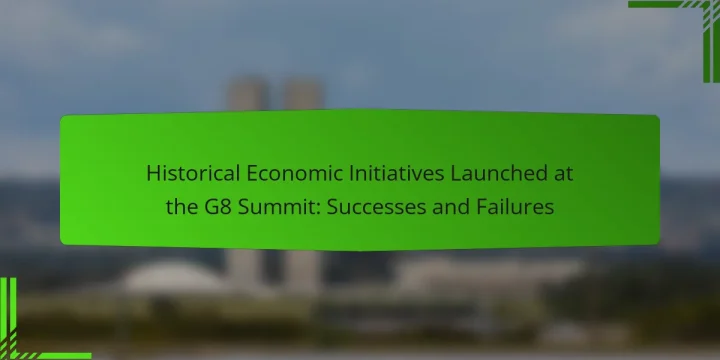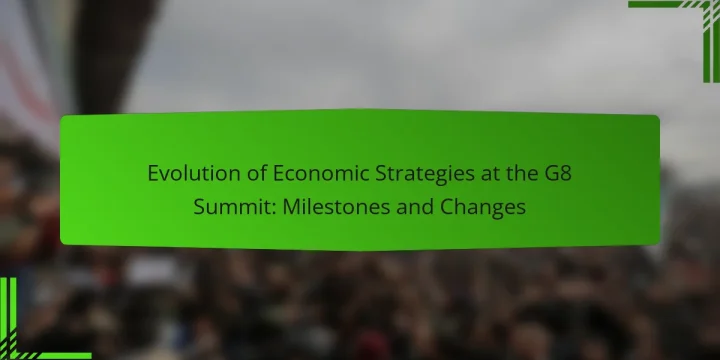
The G8 Summit is an annual meeting of eight major advanced economies: Canada, France, Germany, Italy, Japan, Russia, the United Kingdom, and the United States. This article explores the G8 Summit's economic agenda, tracing its historical priorities and their evolution over time. Key topics include global economic governance, international security, and energy policy, with a focus on sustainable development, climate change, and digital transformation. The article highlights the G8's collaborative efforts to address challenges such as financial crises and trade imbalances, as well as its commitments to improving health systems and fostering international cooperation. Future directions for the G8 agenda will emphasize inclusive growth and tax transparency, reflecting the changing global landscape. What is the G8 Summit and its Economic Agenda? The G8 Summit is an annual meeting of eight…








